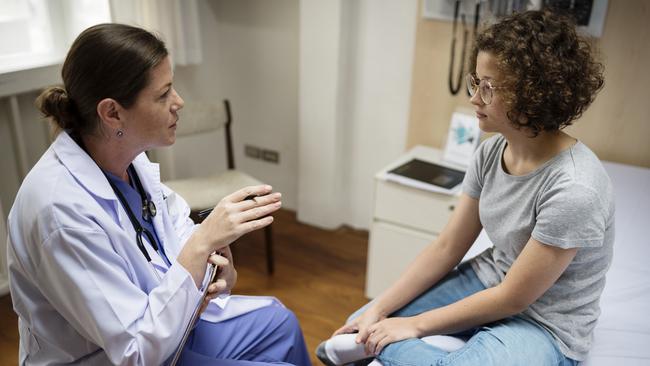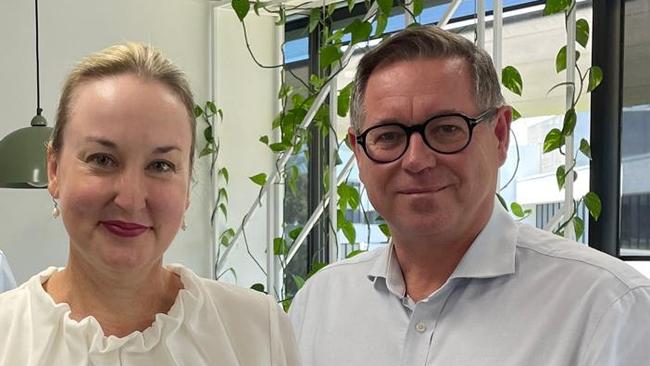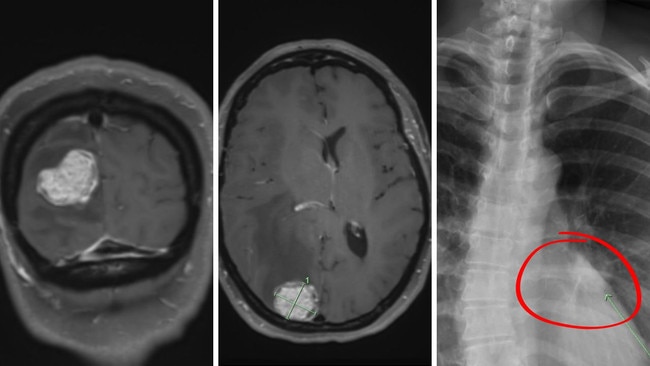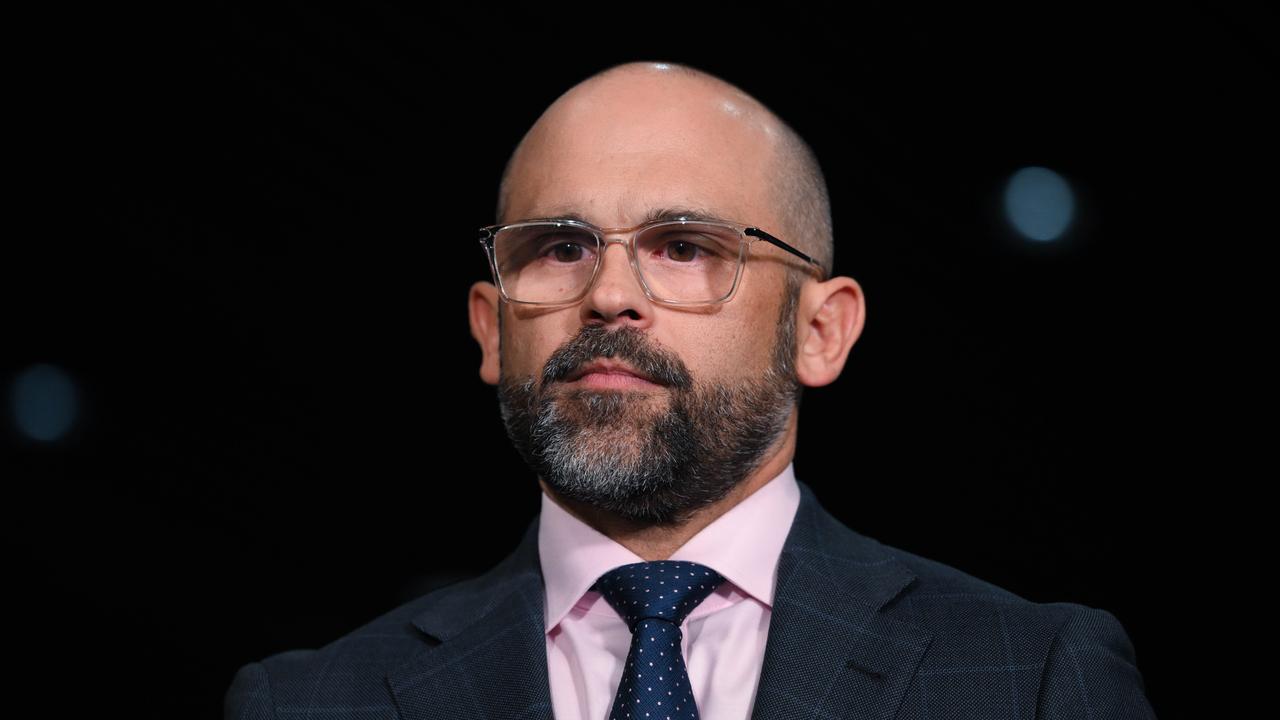Shock reality of cancer that kills more women than any other
Ask your mother, sister or daughter if they can name the cancer that kills more Australian women than any other. If they answer breast, cervical or ovarian cancer, they would be wrong.

QLD News
Don't miss out on the headlines from QLD News. Followed categories will be added to My News.
Here’s a challenge. Ask your mother, sister, daughter or a family member if they can name the cancer that kills more Australian women than any other.
If they answer breast, cervical or ovarian cancer, they would be like most people. If they identify lung cancer, it may surprise you, but they are right.
Last year, 3781 Australian women died from lung cancer, making it the country’s leading cause of female cancer deaths.
Among the nearly 7500 women who will be diagnosed with lung cancer in 2024, the fastest-growing group is non-smoking younger and middle-aged women, particularly those aged 35 to 54.
With a widespread decrease in smoking rates, medical science does not fully understand the increasing diagnoses among younger women. But the statistics are sobering.
Non-smoking women have a two- to three-fold higher risk of developing lung cancer when compared with men who do not smoke.
Several risk factors may contribute, including environmental pollutants, genetic predispositions, reproductive factors, and exposure to second-hand smoke. But more research, funding and awareness are all needed.

Lung Foundation Australia is working to raise the profile of lung cancer, not just as a public health issue, but specifically as a women’s health issue that does not correlate with traditional wisdom around lung cancer and smoking.
There are currently no answers for “never smokers” – people who have consumed fewer than 100 cigarettes in their lifetime – when they are diagnosed.
Today’s QWeekend highlights one such case, Queensland businesswoman and Lung Foundation Australia Ambassador Margaret Lawson, a never smoker with stage four lung cancer.
It is a brave decision for anyone diagnosed with lung cancer to go public, as the stigma and even patient shaming are still very real.
Lung cancer is a misunderstood disease. Prior to 1993, most large lung cancer studies and clinical trials omitted women.
The connection of lung cancer and tobacco consumption has helped lower smoking rates and improve regulations, but the associated stigma has done a disservice to awareness and early detection, particularly among women.
For this reason, raising awareness about lung cancer in women has never been more important.

Lung cancer symptoms can be vague. Most women are unaware of or dismiss symptoms as minor ailments. The COVID-19 pandemic has further exacerbated this issue, leading to a decline in referrals for lung cancer screening and delays in lifesaving diagnosis and treatment.
It is important that women know that lung screening is an option they should consider asking their GP about if they have any of the following for more than three weeks: persistent coughing, breathlessness, chest pain, coughing up blood, fatigue, unexplained weight loss or gain, and hoarseness.
We must ensure the women we love are informed about lung cancer and encourage them to start the conversation with their GP about risks, symptoms and early detection, like we do with breast, skin and cervical cancers.
At Lung Foundation Australia, we are committed to supporting lung cancer research and advocacy efforts and raising awareness of this as a growing women’s health issue.
We tirelessly campaigned for the introduction of a National Lung Cancer Screening Program and, in July 2025, this will become reality for people over 50 with risk factors.
By raising awareness, supporting research, and advocating for early detection, we can make a difference in the lives of thousands of people – especially the women we love – and their families.
If you, or someone you know is impacted by lung cancer, please connect with our team at lungfoundation.com.au to access support programs, including practical assistance, nurse and peer support, and reliable information for patients and their families.
Mark Brooke is the CEO of the Lung Foundation Australia. November is Lung Cancer Awareness Month.
Originally published as Shock reality of cancer that kills more women than any other


